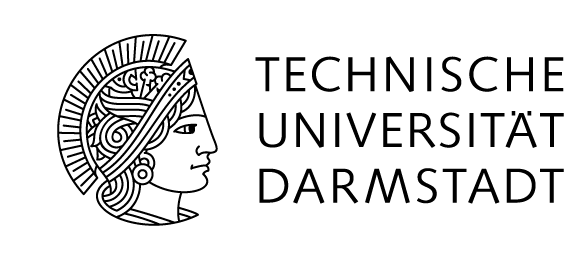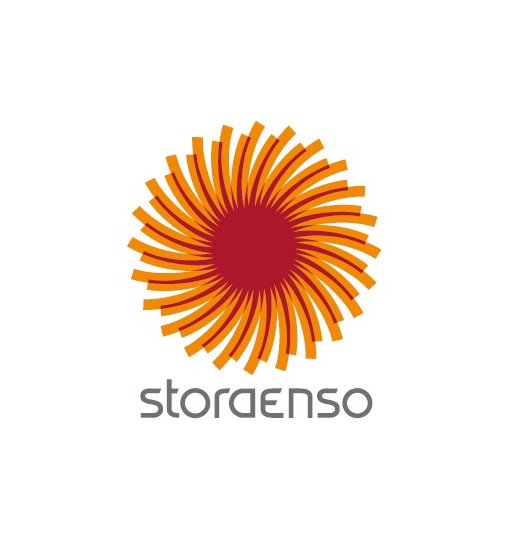Projects
Modern trends in solid-state NMR and spin dynamics: towards non-destructive polarizing agents for DNP
The project is carried out in the frame of the project of the Baltic – German Liaison Office supported by the German Academic Exchange Service (DAAD) with funds from the Foreign Office of the Federal Republic Germany.
Dieses Projekt des Baltisch-Deutschen Hochschulkontors wird durch den Deutschen Akademischen Austauschdienst (DAAD) aus Mitteln des Auswärtigen Amtes der Bundesrepublik Deutschland gefördert.
Projektas remiamas Baltijos šalių ir Vokietijos aukštųjų mokyklų biuro per Vokietijos akademinių mainų tarnybą (DAAD) Vokietijos Federacinės Respublikos Užsienio reikalų ministerijos lėšomis.
Project manager
| Title, Name, Surname | Prof. Habil. Dr. Vytautas Balevičius |
| Position | Full Professor |
| Scientific background | Physics, Chemical Physics |
| vytautas.balevicius@ff.vu.lt | |
| Phone | +370 5 223 4588 |
Contact person in Vilnius
| Title, Name, Surname | Skirmante Savickaite (Office of International Relations, Vilnius University) |
| skirmante.savickaite@cr.vu.lt | |
| Phone | +370 5 2687049 |
English
| Project title: | Modern trends in solid-state NMR and spin dynamics: towards non-destructive polarizing agents for DNP |
| Start date of the project:
End date of the project: |
01.06.2018
30 11 2018 |
| Countries and institutions involved in the project | 1. Lithuania, Vilnius University
2. Germany, University of Technology Darmstadt |
| Current status and aims of the project
|
a) In recent years, the combination of high-resolution solid-state NMR and high-field Dynamic Nuclear Polarization (DNP), a novel hyperpolarization technique, has evolved into a major spectroscopic tool for the investigation of “real world” systems, e.g. biomaterials. In DNP, the sample of interest should include species that contain one or more unpaired electrons. Then the microwave irradiation causes simultaneous forbidden electron spin and nuclear spin transitions which increase the nuclear spin polarization of nearby nuclei. Usually, polarization is transferred to protons but in principle could be transferred to any NMR active nuclei of interest. Due to efficient proton spin diffusion process the polarization is then transferred to NMR active nuclei of interest via conventional Cross-Polarization (CP) or related techniques. This allows achieving signal enhancement of the order of 102. These days the main challenge DNP face is tailoring the technique to the systems of interest. The most popular approach is to use the dissolution DNP when the sample is placed in glass forming matrix. Nevertheless, the presence of the solvent can lead to unwanted changes in the properties of the system. In order to avoid this we propose to: i) systematically investigate the building blocks (amino acids) of the peptides for the purpose to choose the target ones for preparing radical peptide; ii) investigate the synthesised radical peptides for the purpose to employ them for DNP NMR spectroscopy.
b) Additionally, during the meeting in Vilnius the German collaborators will give a set of lectures, seminars and practical exercises. This is a good opportunity for students and researches from Vilnius University to deepen their knowledge in solid state NMR and DNP spectroscopy. What is more, the results of the current project will be disseminated to a wider target audience by Lithuanian and German project partners. |
| The direct and indirect target groups of the project and number of people benefiting from it. | Direct: Vilnius NMR group, TU-Darmstadt NMR group. Approx. 15 people
Indirect: Students and Researches at Vilnius University. Approx. 50 people |
| Main activities of the project and possible venue(s) where the project activities will take place: |
|
| Planned public events of the project and date of these events (lectures, workshops, conferences etc.): | Lectures and discussions at Vilnius University
08-11 10 2018 |
Deutsch
| Projekttitel | Die modern Trends in der Festkörper-NMR-Spektroskopie und Spindynamik: zu nicht destruktiven Polarizationsmitteln für DNP |
| Projektbeginn:
Projektende: |
01.06.2018
30 11 2018 |
| Die im Projekt einbezogenen Länder und Institutionen. | 1. Litauen, Vilnius Universität
2. Deutschland, Technische Universität Darmstadt |
| Ausgangspunkt und Ziele des Projekts | a) In den letzten Jahren hat sich die Kombination von hochauflösender Festkörper-NMR und dynamischer Kernpolarisation (DNP), als einer neuartigen Hyperpolarisationstechnik, zu einem wichtigen spektroskopischen Werkzeug für die Untersuchung von ” Realweltsysteme “, z.B. Biomaterialien entwickelt. Bei den DNP-Messungen werden die interessierende Probe mit ein oder mehrere ungepaarte Elektronen eingesetzt. Darauf folgend werden durch die Mikrowellenbestrahlung die verbotene Elektronenspin und Kernspinübergänge der Kernspinpolarisation der nahe gelegene Kerne Simultan erhöht. Im Allgemeinen wird die Polarisation auf Protonen übertragen, aber im Prinzip könnte sie auf beliebige interessierende NMR-aktive Kerne übertragen werden. Jedoch wird aufgrund des effizienten Protonenspin-Diffusionsprozesses die Polarisation dann über konventionelle Kreuzpolarisation (CP) oder verwandte Techniken auf interessierende NMR-aktive Kerne übertragen. Dies ermöglicht eine Signalverstärkung in der Größenordnung von 102. Der gegenwärtig größten Herausforderungen von DVP besteht darin, die Technik auf die interessierenden Systeme abzustimmen. Der am meisten verfolgte Ansatz setzt die DNP ein, wenn die Probe in eine glasbildende Matrix gegeben wird. Die Anwesenheit des Lösungsmittels kann jedoch zu unerwünschten Veränderungen der Eigenschaften des Systems führen. In Rahmen unserer Arbeit wird dies durch folgende Möglichkeiten umgangen: i) durch systematische Untersuchung der Bausteine (Aminosäuren) der Peptide, um die Zielsequenzen für die Herstellung eines radikalischen Peptids zu wählen; ii) Weiterhin die synthetisierten Radikalpeptide gezielt für weitere Anwendung für die DNP-NMR-Spektroskopie zu untersuchen.
b) Zusätzlich werden die deutschen Kollegen während des Treffens in Vilnius eine Reihe von Vorträgen, Seminaren halten und praktischen Übungen durchführen. Dies ist eine gute Gelegenheit für Studenten und Forscher der Universität Vilnius, ihr Wissen in Festkörper-NMR- und DNP-Spektroskopie zu vertiefen. Darüber hinaus werden die Ergebnisse des aktuellen Projekts von litauischen und deutschen Projektpartnern präsentiert. |
| Die direkte und indirekte Zielgruppe des Projekts | Direkte: Vilnius Universität NMR Gruppe, TU-Darmstadt NMR Gruppe. Ca. 15 Personen
Indirekte: Studenten und Wissenschaftler in Vilnius Universität. Ca. 50 Personen |
| Die Hauptaktivitäten des Projekts und den/ die Veranstaltungsort(e): |
4. Vorlesungen, Abschlusstreffen und Diskussionen, Universität Vilnius |
| Öffentliche Veranstaltungen (inklusive Datum) im Rahmen des Projekts (Gastvorlesungen, Seminare, Konferenzen etc.) | Vorlesungen und Diskussionen, Universität Vilnius
08-11 10 2018 |



